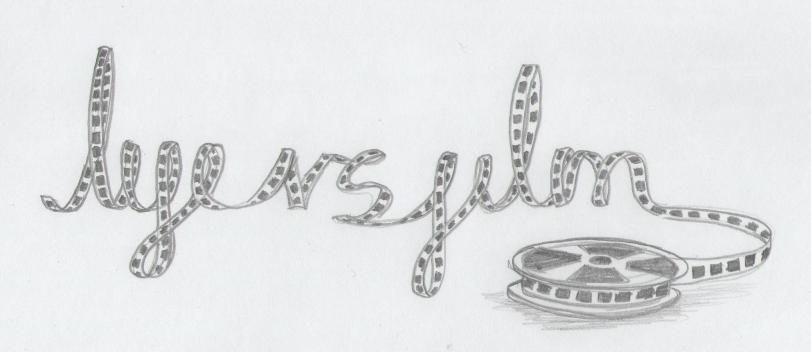 This is another of those films that I knew absolutely nothing about before watching - even the language or year it was made (Russian, 1997). Sometimes, this strategy works - see Silver Lode - but other times, like now for example, I wind up confused and ill at ease with my surroundings. I think this is the kind of film you need to be in a specific mood for watching, where you're more open and receptive to what is a deeply emotional and solemn journey taken by two people who barely speak to one another because there's just nothing to say, and when they do it doesn't always make a lot of sense. Not, as was the case with me, fitting it in early on a Saturday morning before heading out for a picnic and a day of shopping.
This is another of those films that I knew absolutely nothing about before watching - even the language or year it was made (Russian, 1997). Sometimes, this strategy works - see Silver Lode - but other times, like now for example, I wind up confused and ill at ease with my surroundings. I think this is the kind of film you need to be in a specific mood for watching, where you're more open and receptive to what is a deeply emotional and solemn journey taken by two people who barely speak to one another because there's just nothing to say, and when they do it doesn't always make a lot of sense. Not, as was the case with me, fitting it in early on a Saturday morning before heading out for a picnic and a day of shopping.Mother and Son, somewhat bluntly, is about a mother and, you guessed it, her son (Gudrun Geyer and Aleksei Ananishnov). She is evidently not well, and he spends his days looking after her in a secluded, ramshackle cottage. They are the only two people who appear on the screen throughout the film (other than a distant hiker walking up a hill at one point that I'm fairly sure was missed in the edit), and it is clear that they are the only person in each others life. The story doesn't have much of a plot, although there is an ending, it simply details the son caring for, and carrying around, his mother, and the hardships they go through. She is unable to walk, with even being carried for a short period wearing her out enough to fall asleep on a park bench. The most energetic action available to her is straining to raise a handle to tousle her son's hair whilst he reads postcards to her.
The cinematography choices in the film are bold, in that the picture is often skewed, stretched and distorted, which often makes the backgrounds difficult to establish. A storm that builds whilst the mother's condition worsens is clearly a smudge on the camera lens, and the soundtrack is predominantly howling winds and inaudible whispers, with the occasional quiet hymn or subtle orchestra to fill the void. On several occasions I though the DVD had stopped, as the actors will freeze in place, not making a sound for what seems like hours (but is probably only a few seconds). One such example is the aforementioned park nap, when the son heads back to the house to retrieve the postcards, the camera remains with the mother, in real time, whilst she lays there sleeping, for a good few minutes. It felt very much like an experimental student film where they hadn't quite worked out how to use the camera or edit properly, let alone use a script.
A couple of moments lost me completely in terms of making sense. At one point, the mother's pain becomes too much for her and she feebly repeats "Get me out" to her son, who replies with the mantra "Yourself" over and over again, until she finally announces "You got me out." Later, when the mother is particularly depressed, the son simply tells her "Don't die then. Who's making you die?" Her reply? A passionate "You! You!" This made me think that, seeing as the son is the predominant instigator in all the travelling that occurs in the movie ("Well, let's go" he says at least twice), that perhaps he was trying to aid his mother in her shuffle from the mortal coil, so he could be free of the burden and move on with his life, though I fear this gives a deeper insight into my own relationship than perhaps I intended.
The reversal of the parent/child characters and relationship was an interesting dynamic, up to the point where when he prepared a drink for her I was expecting him to test the liquid's temperature on his forearm before giving it to her. The notion that the son will have to go through all the hardship the mother has, as we discover late into the film (I don't mind giving spoilers for films where nothing much really happens) leads me to believe that whatever it is that ails her is most likely to be genetic, but that perhaps the son will have no-one to care for him as he does for his mother.
Don't get me wrong, I'm sure that director Aleksandr Sokurov was not aiming to make a film that could be described as entertaining, but those are the kinds of films I prefer watching, so I can't really recommend watching this film. Even at a scant 68 minutes long I found myself willing the mother to pass away - peacefully, of course, I don't want any further suffering - and if possible could she find a way to take her son with her?
Choose life 3/10

No comments:
Post a Comment